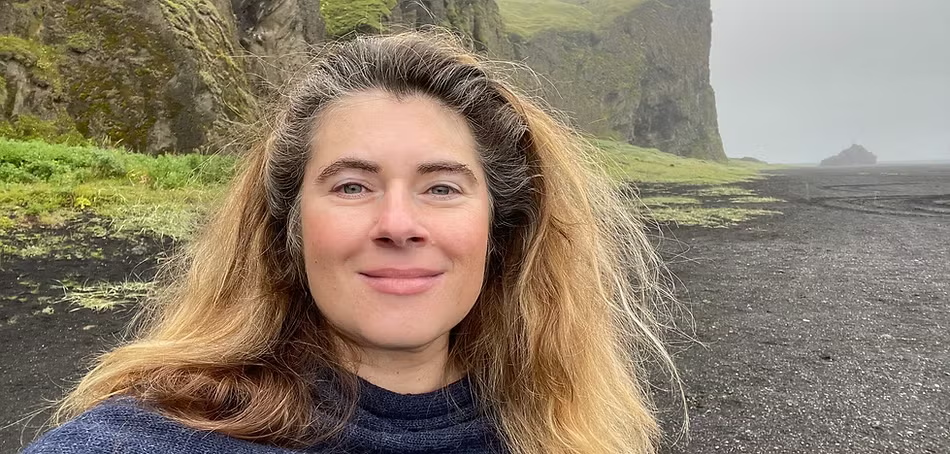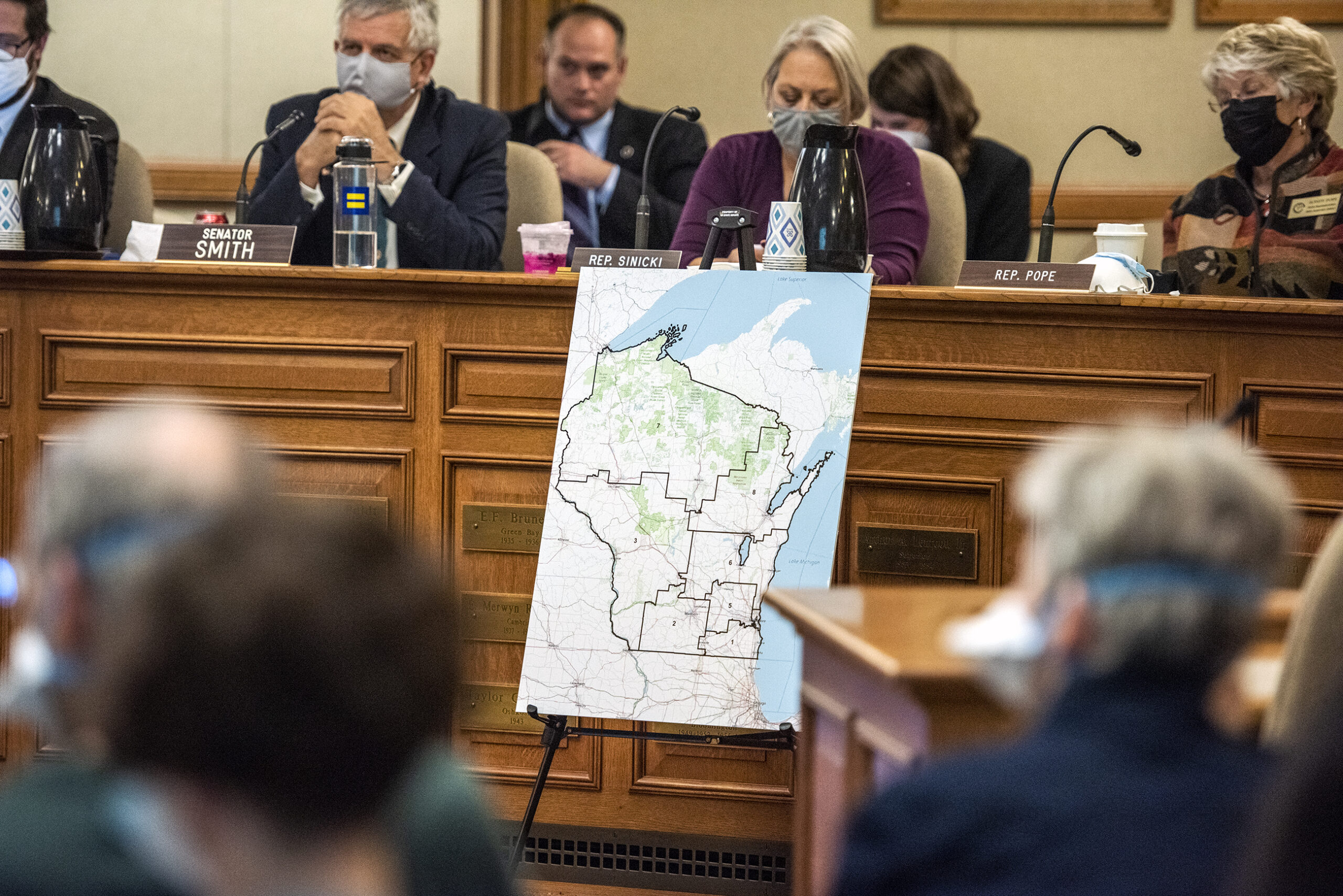When looking up at the sky at night, sometimes it’s hard not to wonder whether there’s an alien life form staring back at us from across the universe. We talk to an astronomy expert about just where our nearest neighbors might be. We also learn about wolf attacks on the rise in Wisconsin and get an update about Assembly Republicans’ plans.
Featured in this Show
-
Assembly GOP Reveals Their Legislative Plan
Republicans in the state Assembly revealed their legislative plan for the upcoming session. We speak with WPR Capitol Reporter Laurel White about the “Forward” plan.
-
Where Would You Look For Alien Life In The Universe?
If you had to choose where to look for alien life in the universe, where would you pick? While options may seem limitless, some places are likelier candidates than others. An astronomy professor and authors discusses some of the best possibilities for finding extraterrestrial life in the cosmos.
-
Author: Time, Resources Required To Find Life Beyond Earth
For thousands of years, people on Earth have cast their eyes upwards and wondered what was out in the vastness of space and whether we are alone.
That vastness could actually be a good sign for the possibility of life, said Jon Willis, an associate professor of astronomy at the University of Victoria in British Columbia and author of the new book, “All These Worlds Are Yours: The Scientific Search for Alien Life.”
“It’s a mathematical argument, and it’s basically an unsatisfying one,” Willis said. “The idea is that the universe is a big place, and it’s quite possibly infinite in size. It’s certainly bigger than we can see just with our limited horizon, and if you want to play that game of having an infinite universe, then it doesn’t matter how small you think the possibility of life beyond Earth is — if it exists, if it’s a number, no matter how tiny, then it has to occur somewhere.”
While the math indicates life is a likely possibility throughout the universe, Willis admits scientists don’t have any concrete proof or examples of life outside of Earth.
If life does exist beyond Earth, it likely won’t resemble humans, Willis said, noting as we begin sending probes to explore our own solar system, and if we do find life, it’s more likely it will be primitive, single-celled organisms requiring more hostile environment than Earth to survive.
“Every living creature on planet Earth, whether the smallest microbe or the biggest blue whale, needs essentially three ingredients to keep on living, and that’s liquid water … organic chemicals, the raw materials of life and some source of energy to keep it all going,” he said.
While the possibility of life is likely, there’s a huge hurdle scientists face in order to do their research: limited financial resources. The cost of sending probes, satellites and manned missions into space are exceedingly expensive.
For example, NASA’s most recent launch of a probe to analyze samples of the asteroid Bennu cost more than $800 million.
Willis challenges readers of his book to think about where they would allocate funds for the search for life in order to have the best chance of success. He contends there are a few good possibilities in our own celestial neighborhood.
Those include Jupiter’s moon Europa, which has a vast ocean of liquid water under a thick crust of ice. There’s also Enceladus, another ice moon orbiting Saturn, theorized to be somewhat similar to Europa. There is even the possibility we could see former traces of life on Mars, which some scientists believe may have once had liquid oceans and an atmosphere similar to Earth.
There is also the issue of time. While the possibility of finding extraterrestrial life would be a thrilling prospect, it very well may not happen in our lifetime.
But, to Willis, the challenge of discovery may be worth the time investment.
The challenge, he said, isn’t that it’s difficult, but that it would require people to generate the ideas, the funding and the execution of these missions.
“A hundred years is about long enough to do that across the solar system,” Willis said. “And even if we don’t (find life), we’re going to learn an awful lot about the possible rarity of life or otherwise.”
Episode Credits
- Rob Ferrett Host
- Veronica Rueckert Host
- J. Carlisle Larsen Producer
- Chris Malina Producer
- Laurel White Guest
- Jon Willis Guest
Wisconsin Public Radio, © Copyright 2025, Board of Regents of the University of Wisconsin System and Wisconsin Educational Communications Board.




